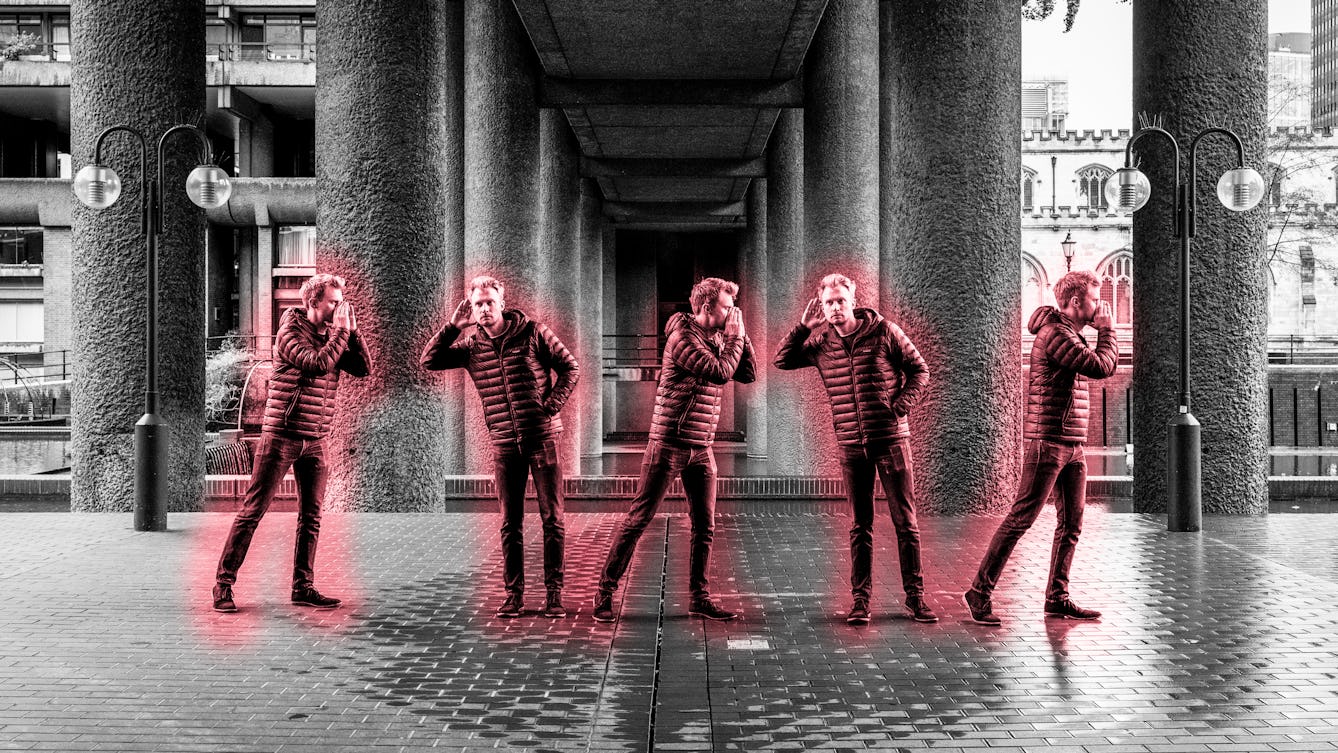
- Book extract
- Book extract
The science of why things spread
From deadly pandemics to viral tweets, Adam Kucharski explores what makes something contagious.

- Article
- Article
Chemical highs and psychedelic research
Could recreational drugs make you happy? Kate Wilkinson explores why keen clubber Simon believes taking psychedelics has helped him develop as a person.
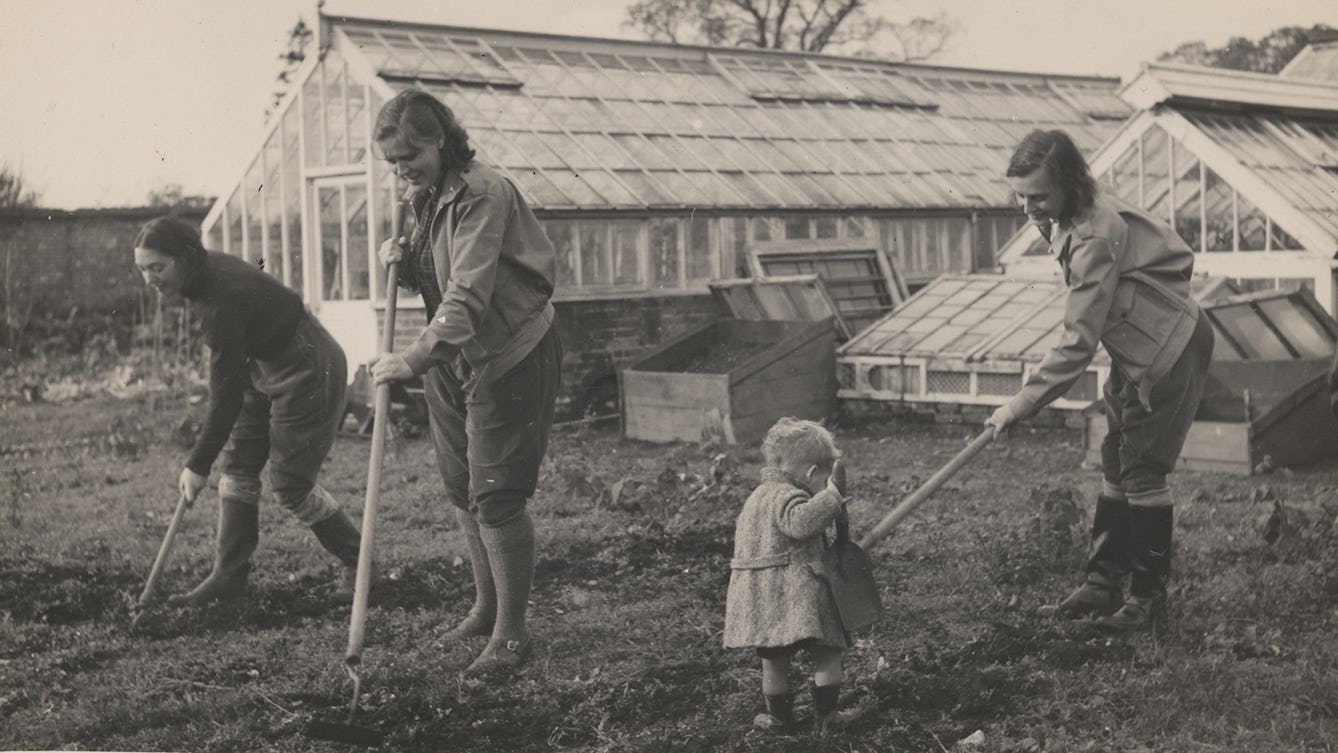
- Article
- Article
How the Peckham Experiment inspired my fiction
Find out how an unruly mass of archive material from a 1930s radical health centre has inspired brand new writing.
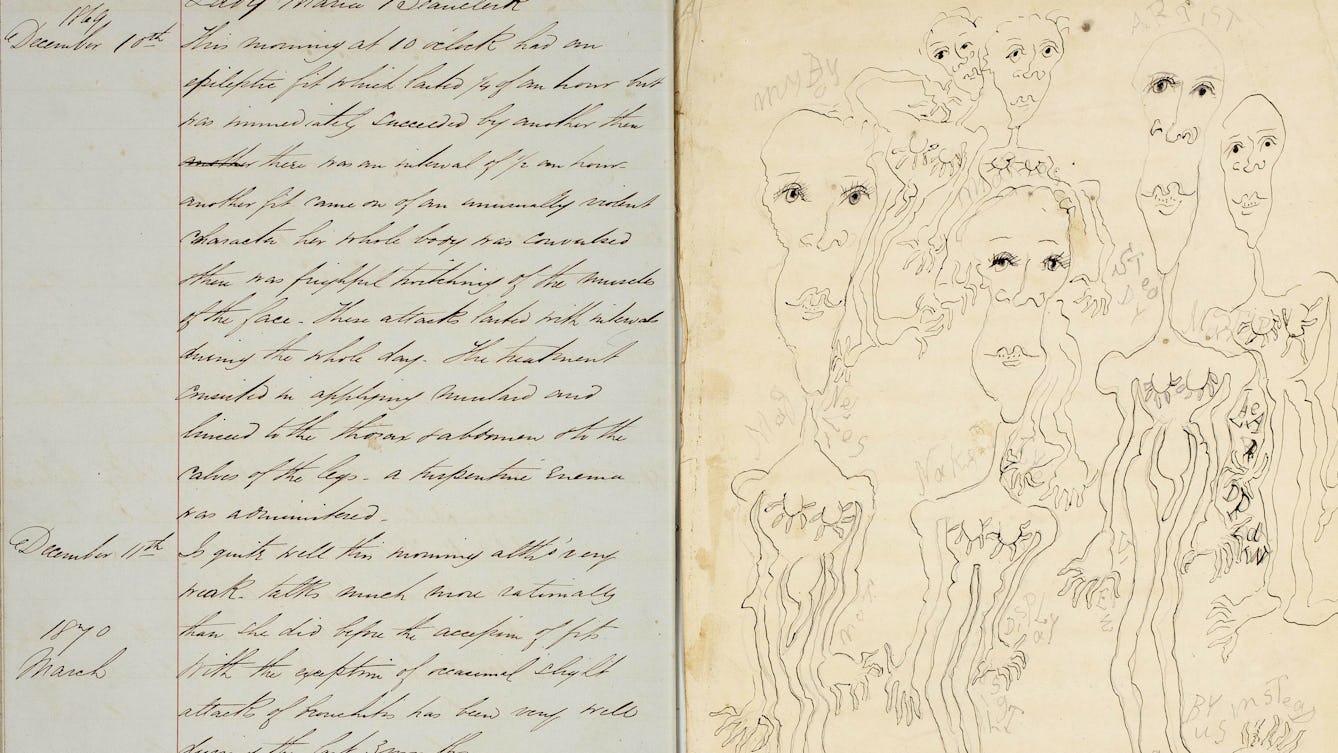
- Article
- Article
Uncovering experiences of dementia
Focusing on three 19th-century women’s case notes, Millie van der Byl Williams explores how our definition of dementia has changed.

- Article
- Article
The joy of playing hide-and-seek with rats
Playing hide-and-seek with lab rats has shown scientists that joy can be a great motivator for learning and social interaction – and not just for rats.

- Article
- Article
People against pollution
Alice Bell reflects on what happens when communities help solve environmental problems, and whether citizen science can help fight industrial pollution today.

- Book extract
- Book extract
The 200-year search for normal people
Sarah Chaney poses the question we’ve likely all asked at some point in our lives: 'Am I normal?’, and explores whether normality even exists.

- Article
- Article
Can isolation lead to manipulation?
Military-funded researchers wanted to know if isolation techniques could facilitate brainwashing. One neuroscientist suggested that it might improve our own control over our minds.
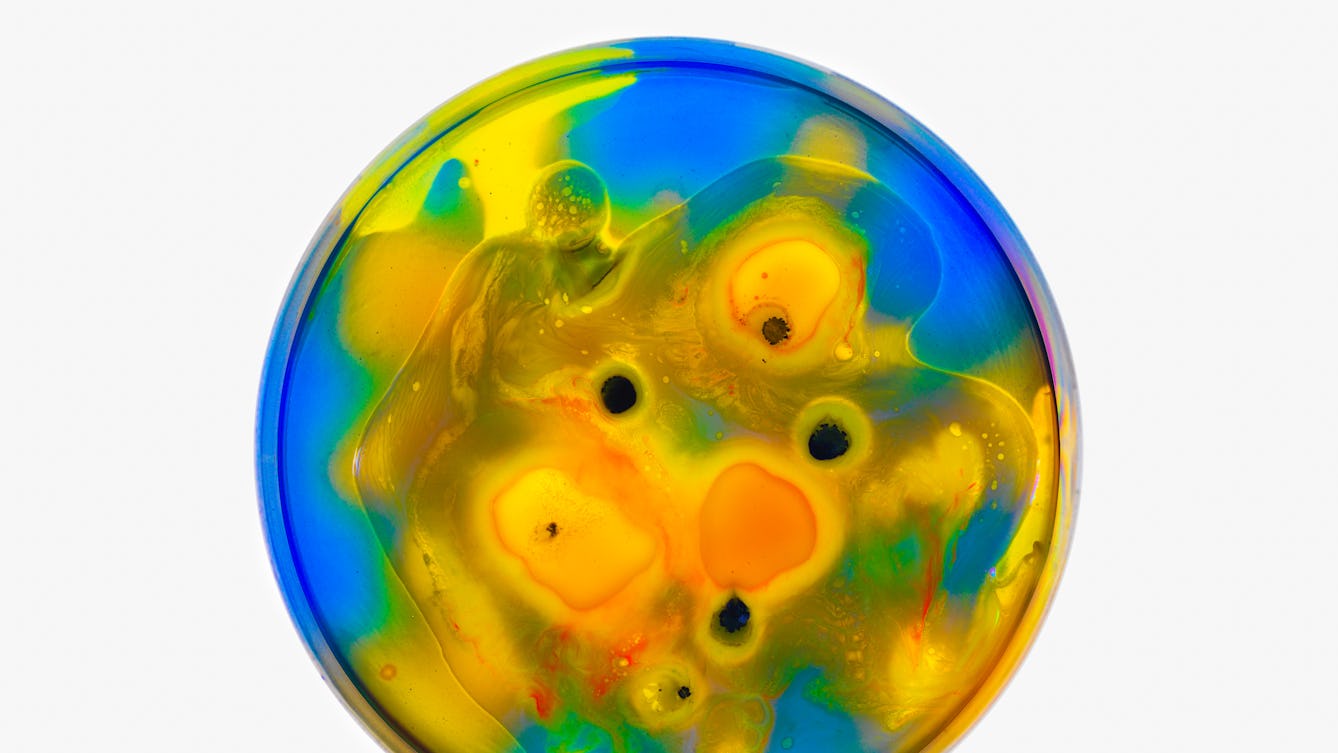
- Article
- Article
Bringing biotech to the people
Amateur scientists have inspired all kinds of frightening scenarios, from Frankenstein’s monster to ‘The Fly’ and ‘Breaking Bad’. But it can be a force for good. Today’s DIYbio enthusiasts are having fun – and even making lucrative breakthrough discoveries.

- Article
- Article
How light pollution affects our circadian rhythms
Too much of the wrong sort of light can send our natural cycles off-kilter – is city life messing with your circadian rhythm?
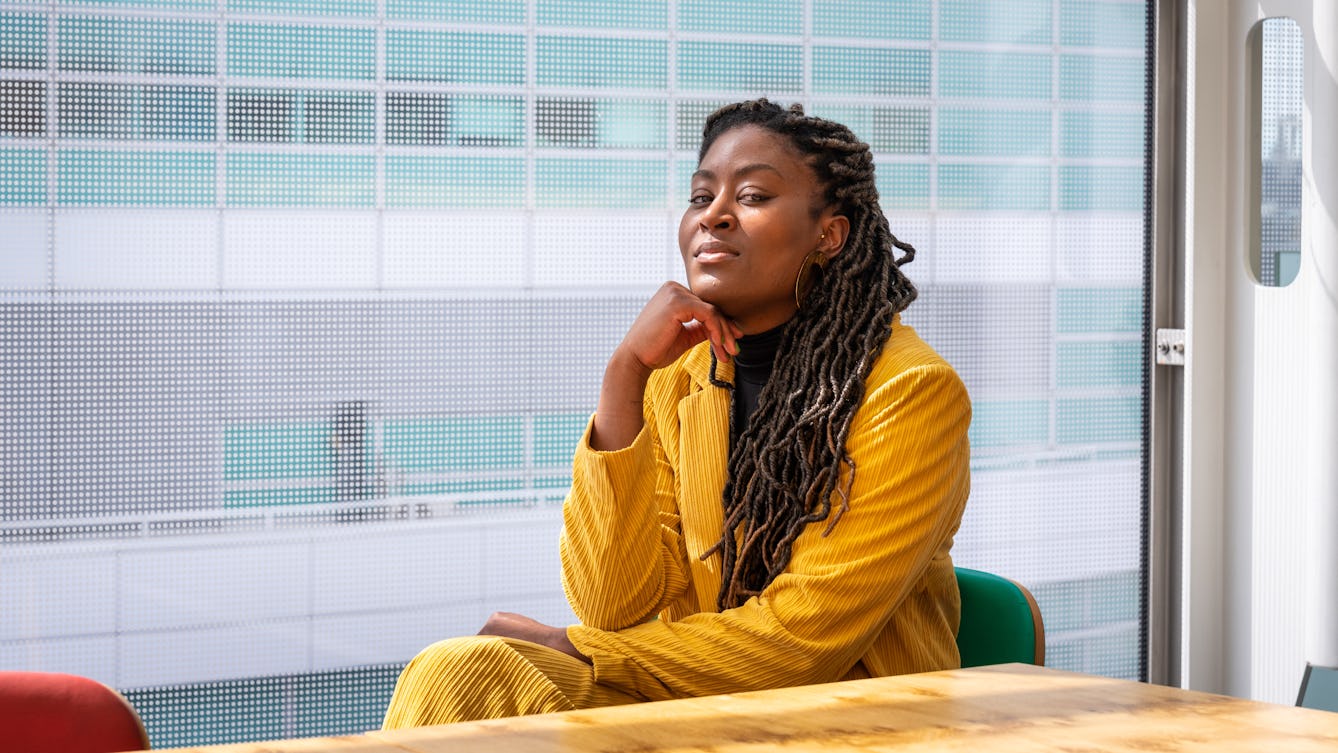
- Book extract
- Book extract
Why we need to decolonise healthcare
In this extract from ‘Divided’, Annabel Sowemimo describes the way her nana’s stroke and hospitalisation heightened her awareness of the need for us all to advocate for the health of others.

- Article
- Article
How do advertisers get inside our heads?
Vance Packard exposed techniques of mass manipulation developed by 1950s advertisers that are still at work today in the age of big data.

- Article
- Article
Going viral in the online anti-vaccine wars
‘Anti-vaxxers’ are taking their message online using powerful images as well as words. But is the pro campaigners’ response any better?

- Article
- Article
Why gene editing can never eliminate disability
In a world where DNA testing and gene editing offer ways to eliminate certain disabilities, Jaipreet Virdi explores a more accepting and inclusive approach.

- Book extract
- Book extract
The history of brainwashing
Is it possible to control what other people think? In this abridged extract from his book ‘Brainwashed’, psychoanalyst and historian Daniel Pick offers us a new history of thought control.

- Article
- Article
Providing care across languages
When medics are taught in English but their patients speak other languages, effective communication becomes fraught. Niyoshi Shah explores the linguistic gaps between patient and doctor.

- Article
- Article
John Walter on ‘Alien Sex Club’
I’m a painter, but I make worlds.
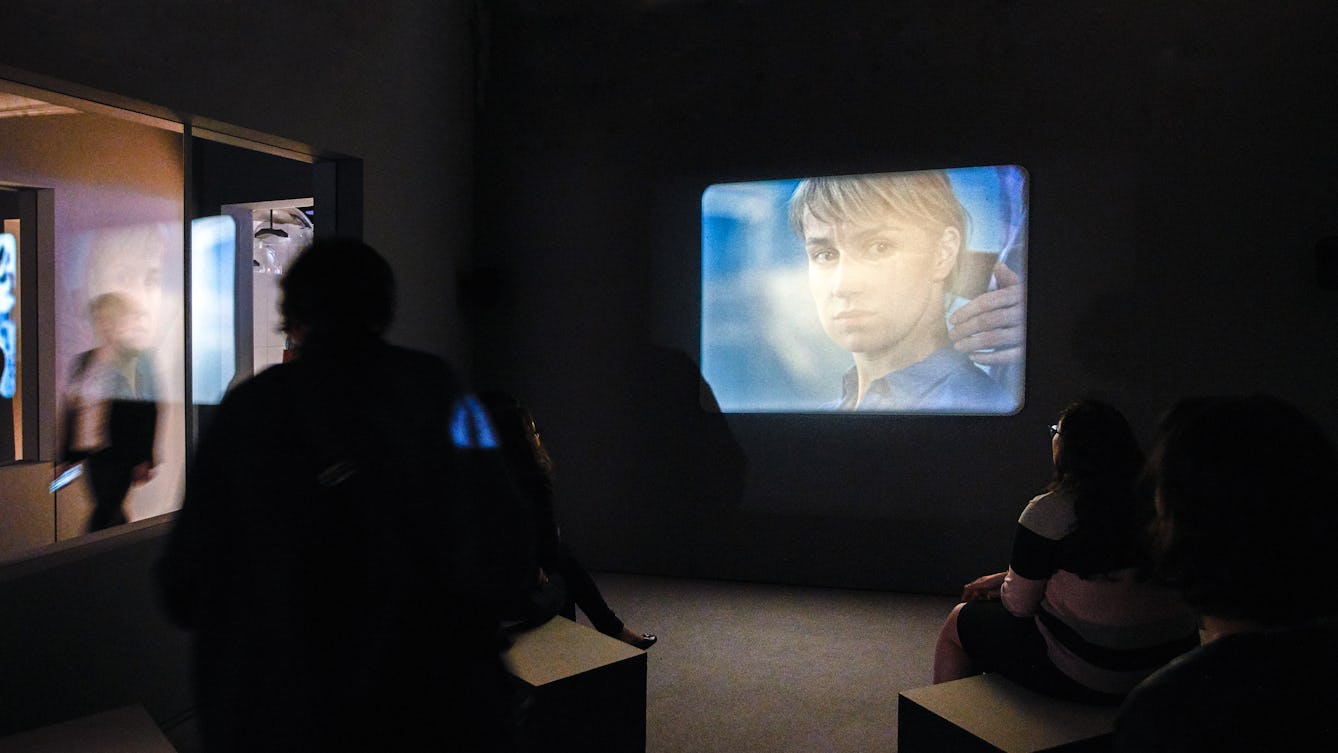
- Article
- Article
Daria Martin on ‘Sensorium Tests’ and ‘At the Threshold’
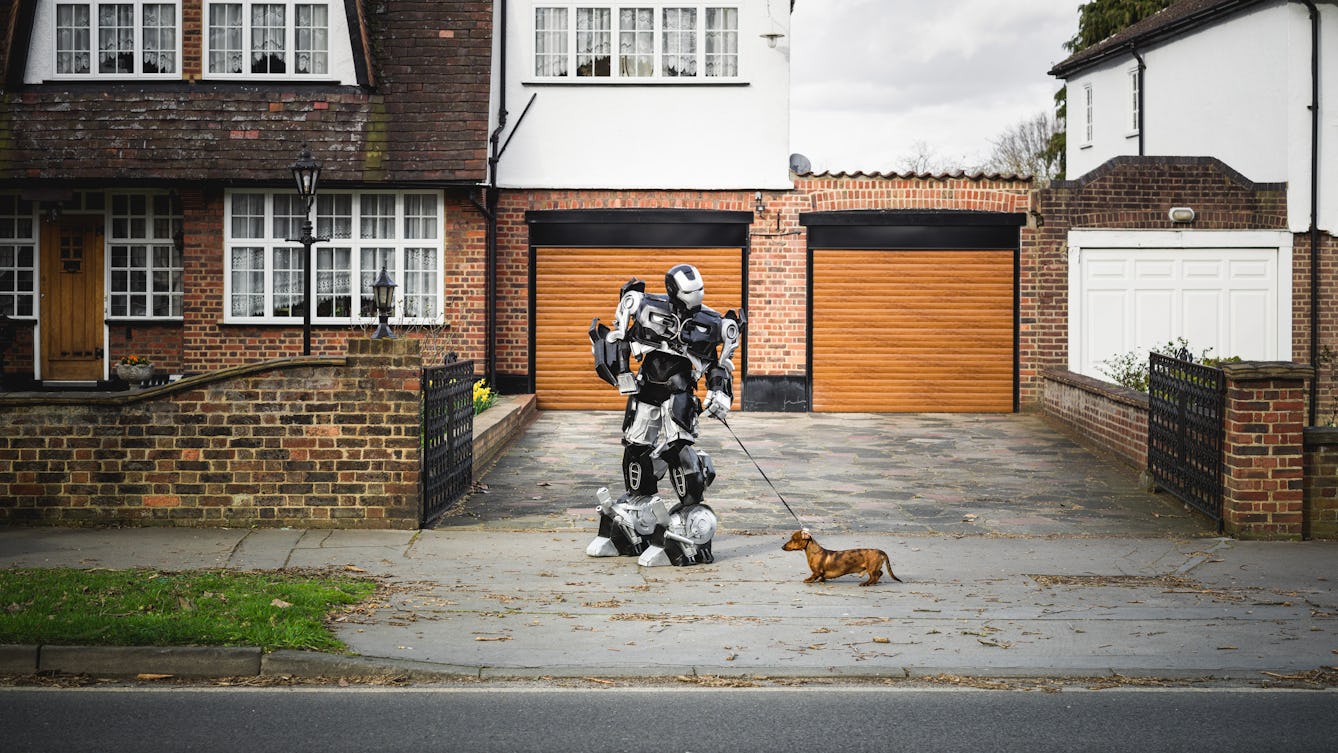
- Article
- Article
Artificial intelligence and the dream of eternal life
Until now, eternal life was the stuff of fiction, or in the unknowable realms of religion. But an artificial intelligence that ‘remembers’ the whole of an individual’s experience could be the way to life after death.
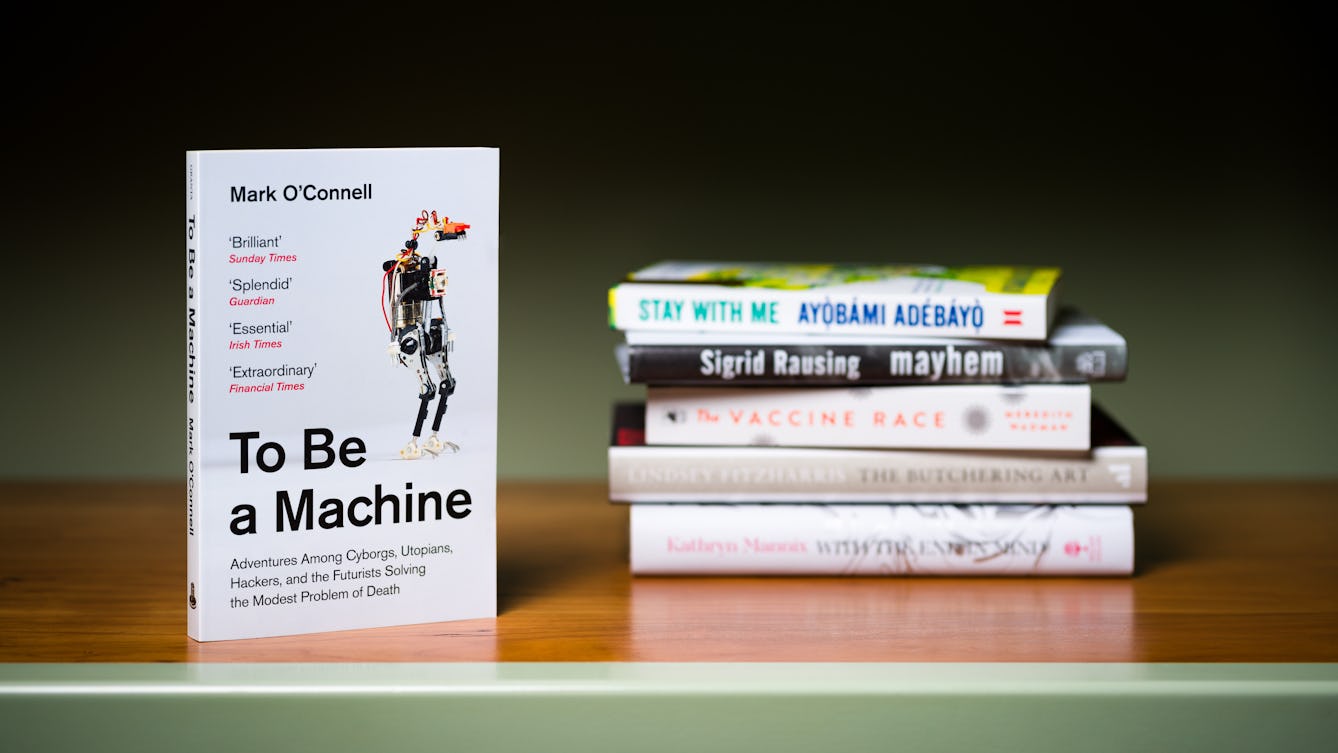
- Article
- Article
Mark O’Connell’s prescription for writing
The Wellcome Book Prize shortlisted author of ‘To Be a Machine’ answers five questions on health, inspiration and storytelling.

- Article
- Article
In search of the ‘nature cure’
Under the competing pressures of modern life, many of us succumb to mental ill health. Samantha Walton explores why so-called ‘nature cures’ don’t help, and how the living world can actually help us.
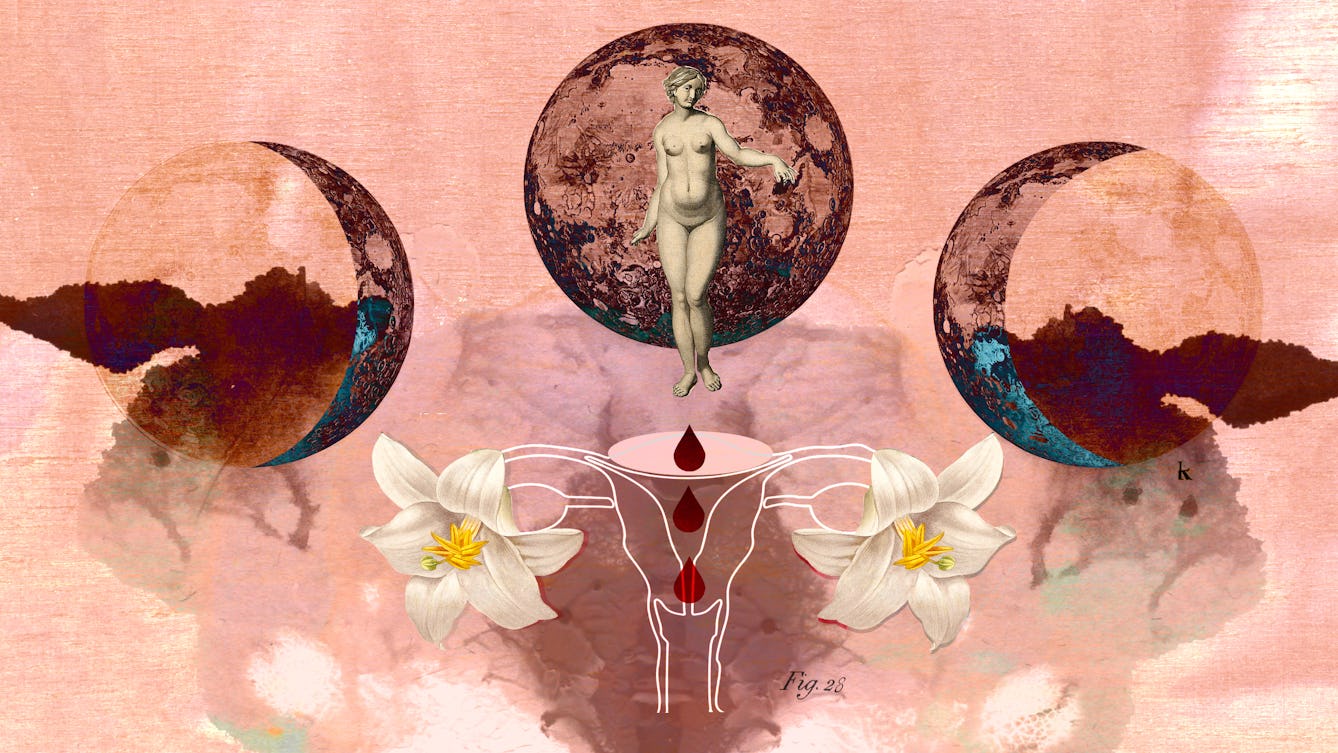
- Article
- Article
Menstruation, magic and moon myths
Why do stories cloaking periods in magic and mystery persist? Pragya Agarwal argues against myth-making and for inclusive menstrual education, grounded in fact.
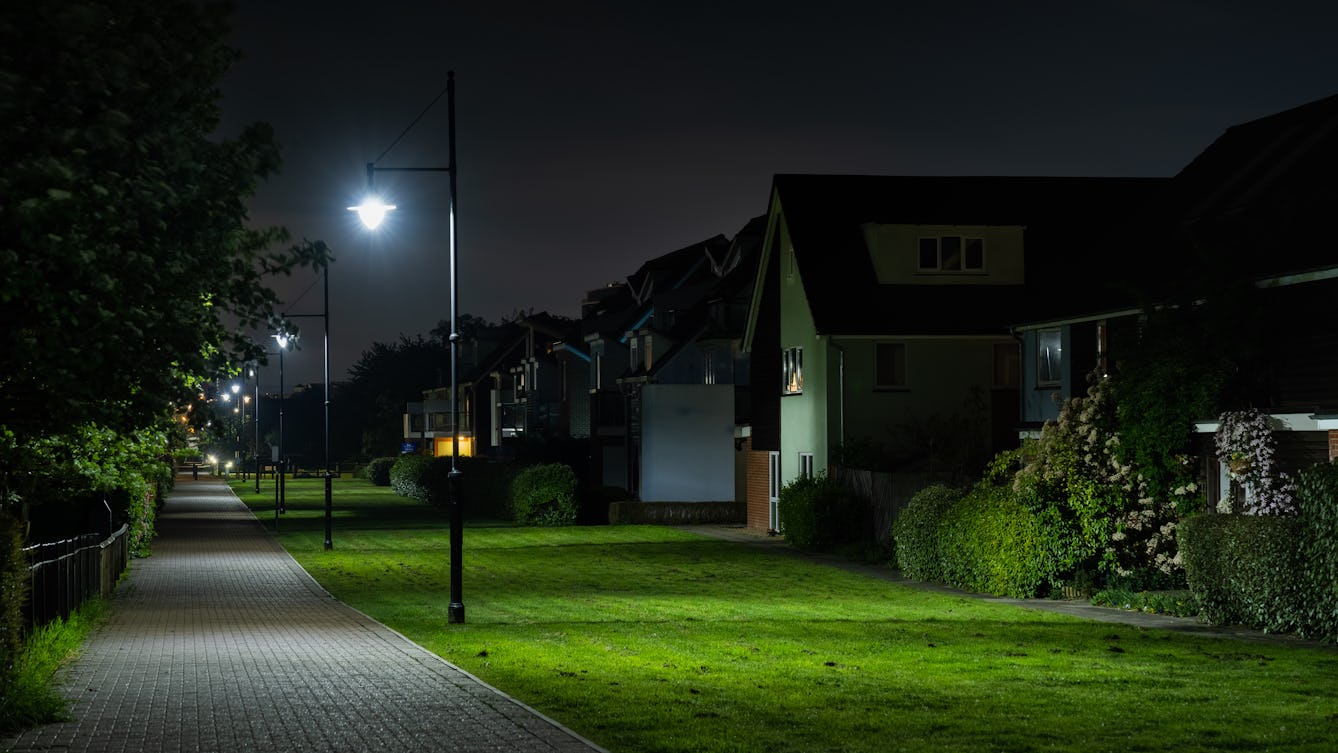
- Long read
- Long read
Our complicated love affair with light
Sunlight is essential, but our relationship with artificial light is less clear cut. It expands what’s possible; it also obscures and polices. In this long read, Lauren Collee pits light against night, and reveals the shady places in between.
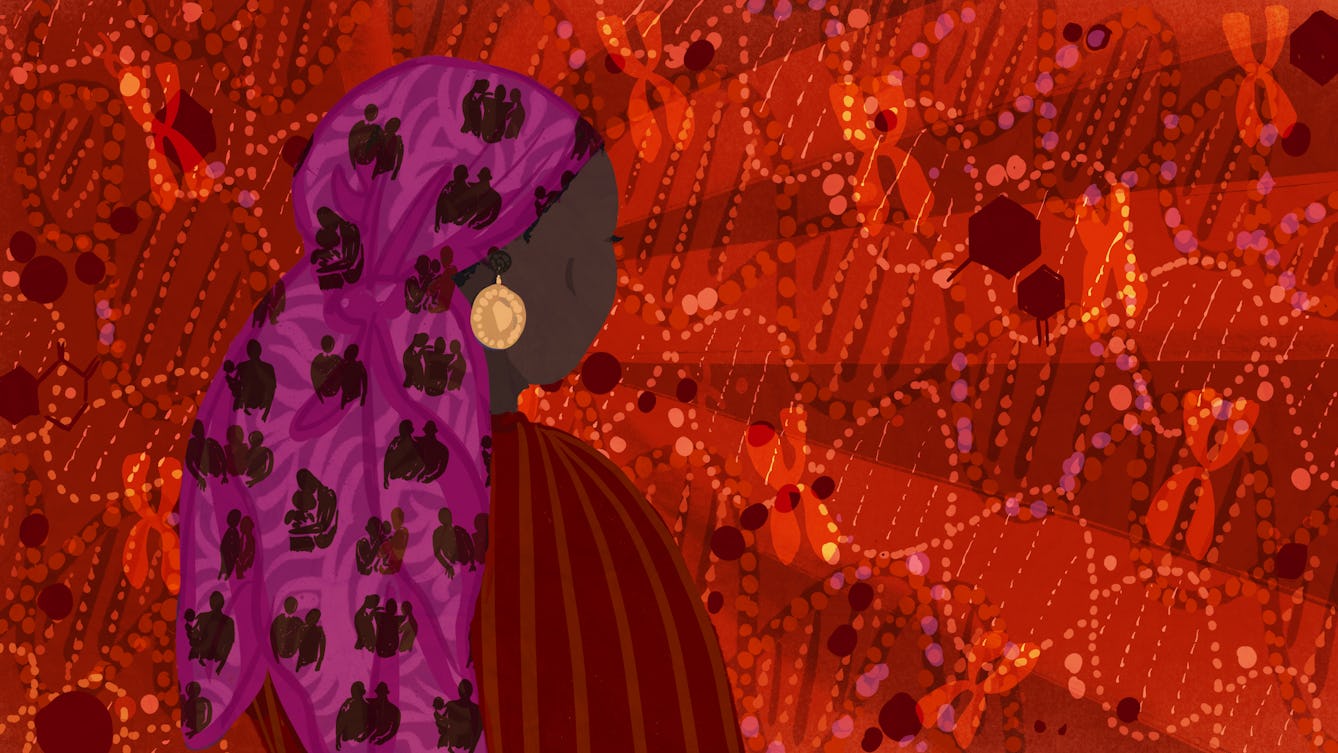
- Article
- Article
Equality in genetics
Genetic counsellor Sasha Henriques harnessed her energy and resolve to tackle the racial biases she saw in her profession – with positive and promising results.

- Article
- Article
It’s getting mighty crowded
Mid-20th-century population-density research on mice produced a whiskered apocalypse, predicted to become the fate of humans too. But perhaps a more compassionate approach could fend this off.